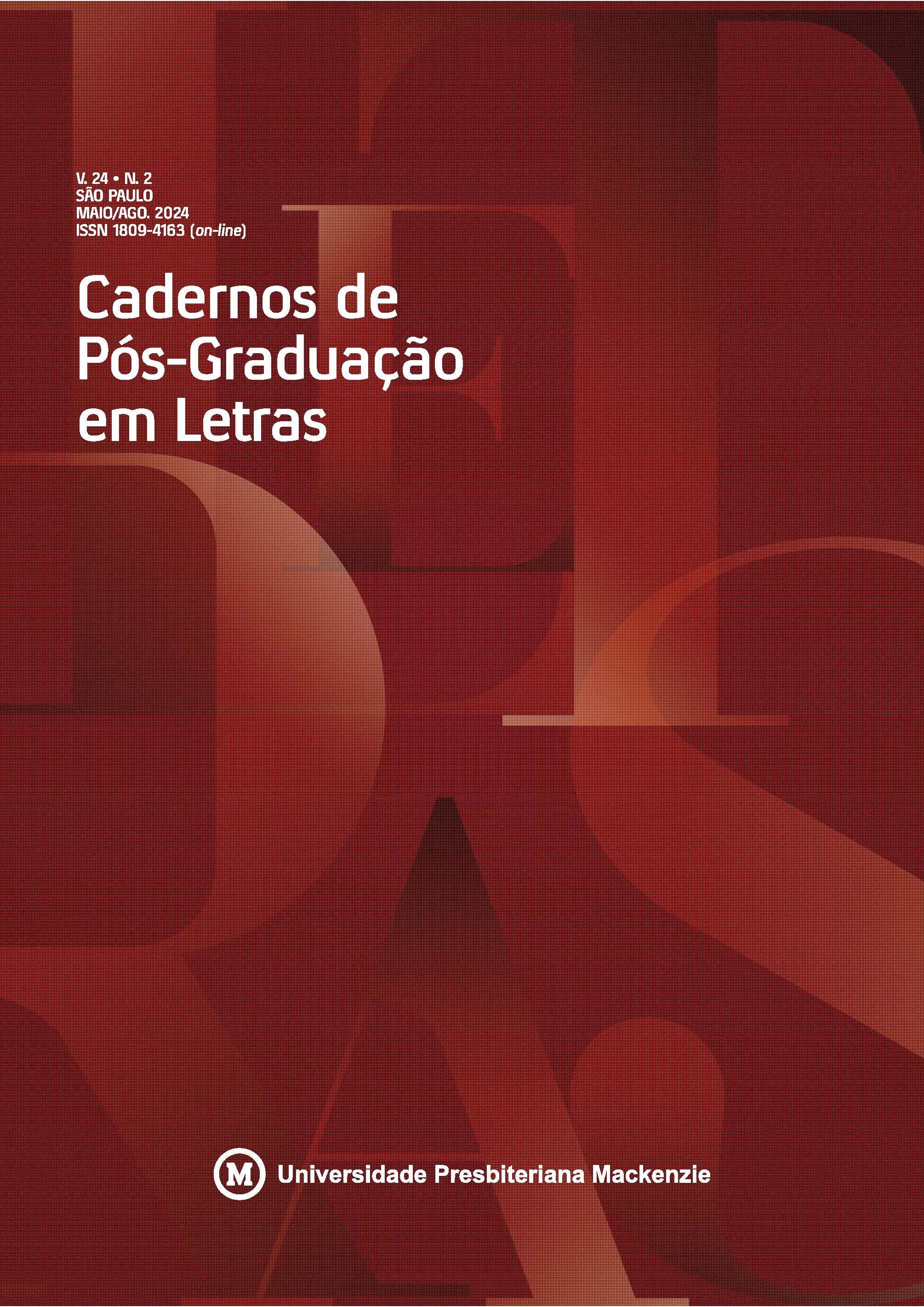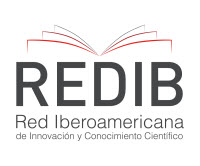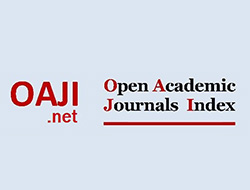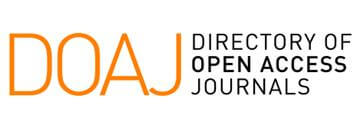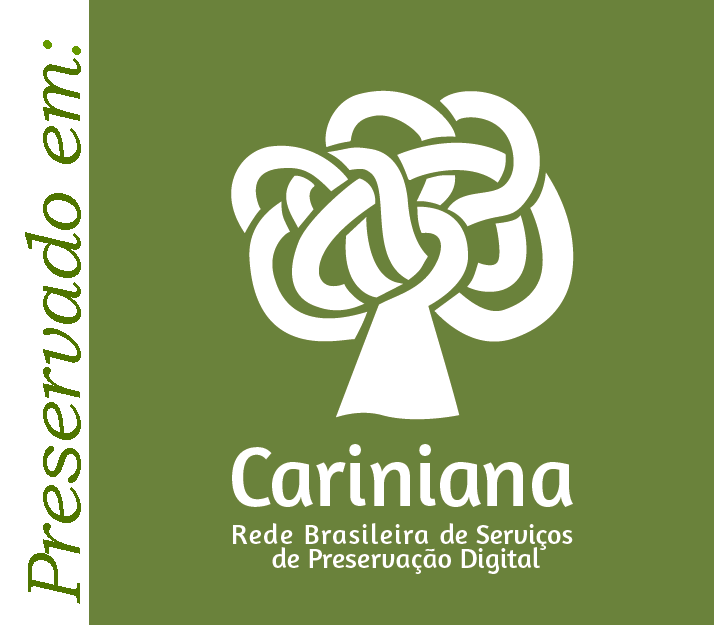"Conto de Escola", de Machado de Assis: uma perspectiva sobre a educação básica no Brasil
Keywords:
literature, society, educationAbstract
"Conto de escola", by Machado de Assis, analyzes the exclusion in the Brazilian educational system of the 19th century, where few children had access to school. The work exposes the oppressive school environment of the time, as well as corruption and patriarchy. The author, possibly drawing from his own experiences, criticizes aggression, authoritarianism, and dishonesty present in society through the characters. This makes his work reflect society, broadening the reader's understanding of the socio-cultural context of the time.
Downloads
References
BAKHTIN, Mikhail (Volochinov). Marxismo e filosofia da linguagem. São Paulo: Hucitec, 1999.
CANDIDO, Antonio. Literatura e sociedade. São Paulo: Publifolha, 2000.
CHIARA, et al. Machado para jovens, Rio de Janeiro: Eduerj, 2008.
CRUZ, Nelson; Ciranda Cultural. Lançamento do livro “Conto de escola” com o ilustrador Nelson Cruz. Youtube, 2021. Disponível em: <https://www.youtube.com/live/Iqdl2CT3UU8?si=vlwr0w-lkhhJZFZs>.Acesso em: 20 nov. 2023.
EAGLETON, Terry. Teoria da literatura: uma introdução. 6ª ed. São Paulo: Martins Fontes, 2006.
FREYRE, Gilberto. Vida social no Brasil. Nos meados do século XIX. 4ª ed. São Paulo: Global, 2008.
JAUSS, Hans Robert. A história da literatura como provocação à teoria literária. São Paulo: Ática, 1994.
MELLO, Josimeire Medeiros de. A história da Educação no Brasil. 2ª ed. Fortaleza: UAB/IFCE, 2012.
PEREIRA, Lúcia Miguel. Machado de Assis. São Paulo: Itatiaia, 1988.
SILVINO, Laerte; ASSIS, Machado de. Conto de escola em quadrinhos. São Paulo: Peirópolis, 2015.
Downloads
Published
How to Cite
Issue
Section
License
Copyright (c) 2024 Katia Melchiades

This work is licensed under a Creative Commons Attribution 4.0 International License.
The copyright of the articles published in Cadernos de Pós-Graduação em Letras belongs to the authors, who grant the Mackenzie Presbyterian University the exclusive rights to publish the content. Total or partial reproduction is prohibited without due authorization from the Editorial Committee, except for study and research.

